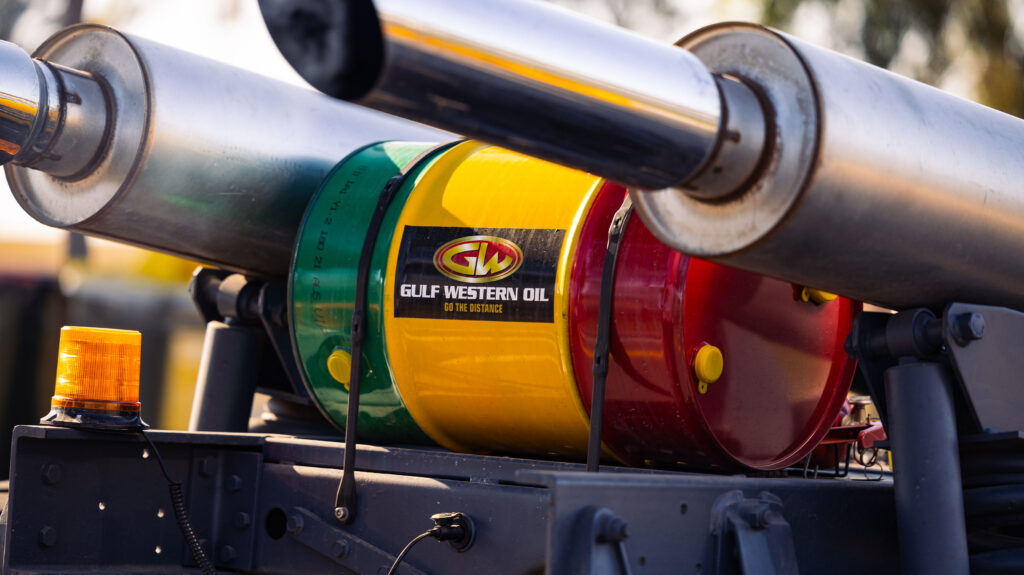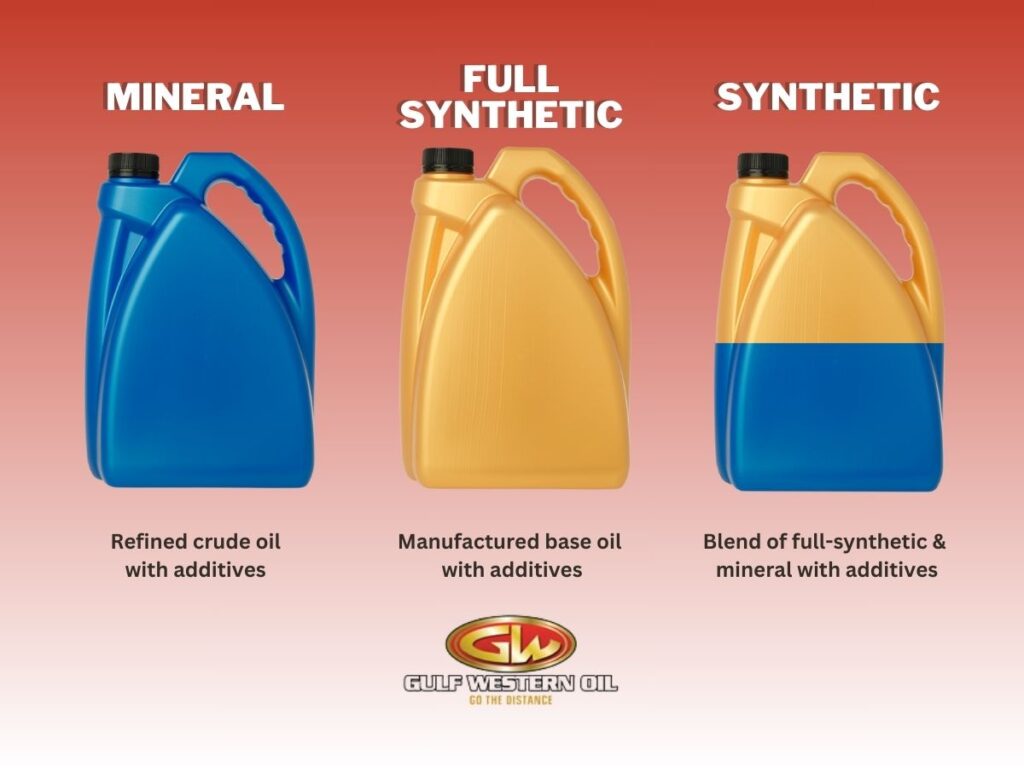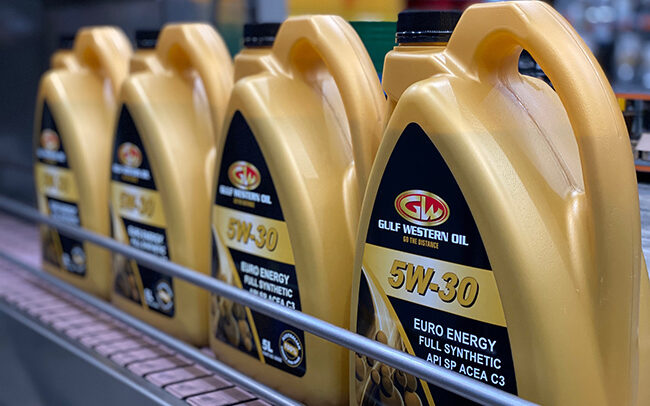Understanding engine oil and finding the perfect match
Just like running the right tyres on your car can make or break its performance, choosing the right engine oil is just as important. Engine oil is a liquid gold that not only helps your engine perform to its peak, but it also protects vital internal components and the longevity of your engine.
Here at Gulf Western Oil, we asked our engine oil experts to share their knowledge and advice so you can ensure you’re giving your engine the best for its needs.

What does engine oil do and why is it important?
When it comes to our health as people we’re always told “you are what you eat”, which is a saying that also applies here to engines. Engine oil (also referred to as motor oil or lubricant) is a refined and treated automotive liquid used in combustion engines and is vital to healthy performance.
Engine oil is a cocktail of base oils, such as mineral or synthetic petroleum-based hydrocarbons, plus enhancements such as additives, detergents, dispersants and viscosity improvers, like thickeners.
Engine oil is used to lubricate various moving engine components, reducing wear and friction and keeping internals clean, while also neutralizing acids that may come from fuel or other additives, carrying heat away from moving parts and improving seals inside engine combustion chambers.
Without engine oil, the internal engine components would grind against each other, overheat and become a housing for trapped dirt, metal shavings and other undesirable contaminants. This would drastically reduce or eliminate the engine’s ability to function to its purpose. Simply put, an engine without oil is not an engine, it’s a chunk of fancy metal.
The difference between mineral and synthetic bases

Before we explain further, you need to understand that there are actually three types of engine oil – mineral, full synthetic and synthetic. Synthetic is a blend of the two bases, mineral and full synthetic. This section will focus on comparing these two compounds on their own.
The key difference between a mineral base and a full synthetic base comes down to origin and the manufacturing process. Mineral oil is a heavily refined oil sourced from the ground, whereas full synthetic oil is a man-manufactured alternative substance originally designed in WWII by the Russians for its ability to remain fluid in sub-zero temperatures.
As a crude earth-oil, mineral oil typically breaks down quicker and requires more frequent change, whereas full synthetic or synthetic are lab-engineered to address the shortcomings that mineral oils possess, such as resistance to temperature and endurance. In terms of price, typically mineral oil is the lowest, synthetic is mid-range and full synthetic is the highest.
Reading labels and understanding ratings
Although engine oil labels can look intimidating to read at first, once you understand the numbers, they’re really quite straight forward.
There will be two sets of numbers on a multigrade engine oil label, the first number is the cold temperature viscosity grade of the oil and the second is the viscosity grade at full engine operating temperature. A higher number means the oil is thicker and flows slower, for example honey is thicker and flows slower than water.
The first number will have a W after it, which means “Winter” and refers to the fact that this flow rating applies only when the engine is cold. Engine oil thins down as the engine warms up, meaning most engines now require multigrade oil to ensure protection across the full operating temperature range from cold start through to fully warmed up/highway running.

Choosing the right oil
A common misconception is that because a lighter weight oil flows quicker that it will be the better choice, however depending on the make, use and age of your vehicle and engine, this could achieve the opposite.
Some cars have the engine oil specifications written on the engine oil cap, however the best way to ensure you’re running the right oil is to consult your owner’s manual or to speak to an expert. Gulf Western Oil have a team of trained oil and automotive lubricant experts ready to help pick your perfect match, no matter what the build.
We’re here to help!
At Gulf Western Oil, we know oil well and are one of the largest Australian-owned lubricants manufacturer, so give us a call at 1800 248 919 or fill in the form below and our friendly expert team will be in touch.
